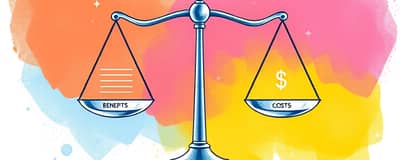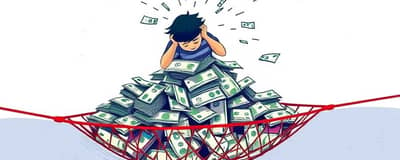In today's financial landscape, managing credit card accounts effectively is paramount. Whether you are seeking better rewards or aiming to minimize fees, understanding how to upgrade or downgrade your credit card can lead to significant benefits.
This guide provides an overview of when and how to make these changes, along with important considerations to keep in mind during the process.
Understanding the Basics
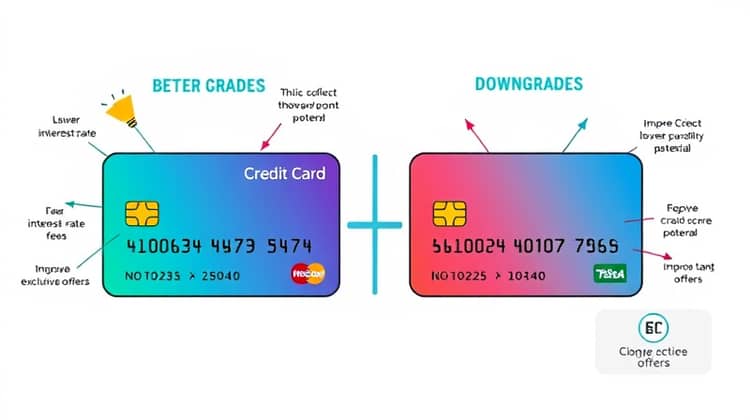
Credit cards can often be upgraded or downgraded based on individual needs and financial situations. Understanding the terms associated with these changes is crucial to making an informed decision.
Upgrading typically involves moving to a card with better rewards, benefits, or lower interest rates, while downgrading may help avoid high annual fees or reduce the influence of unnecessary features.
- Increased rewards or benefits with an upgrade
- Reduction of fees with a downgrade
- Improved credit score potential with a new card
- More suitable card features for your spending habits
- Access to exclusive offers or points programs
Regardless of whether you’re upgrading or downgrading, it's essential to review the specific terms and conditions of each card carefully before making any decisions.
Reasons to Upgrade Your Credit Card
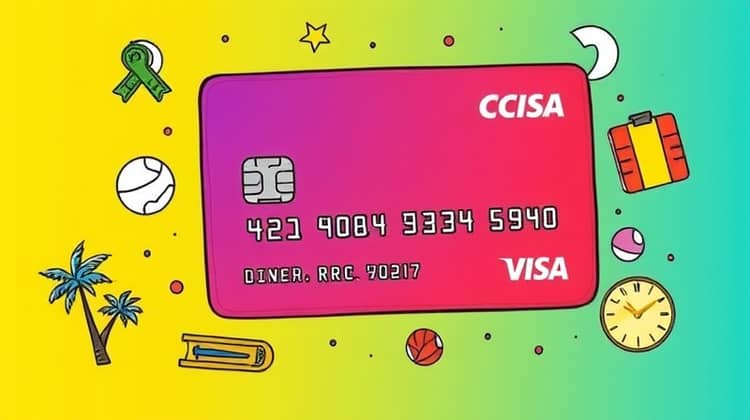
Upgrading your credit card can present you with several advantageous opportunities. You might find yourself drawn to a card that offers enhanced rewards on categories aligned with your spending habits, such as travel or dining.
Moreover, many credit card companies will offer promotions for new cardholders, which could provide immediate benefits such as bonus points or cash back.
- Better rewards on purchases
- Lower interest rates
- Enhanced perks like travel insurance or purchase protection
- Access to higher credit limits
- Promotional bonuses for new cardholders
Deciding to upgrade often hinges on an increase in overall benefits that outweigh any costs associated with the new card.
Reasons to Downgrade Your Credit Card
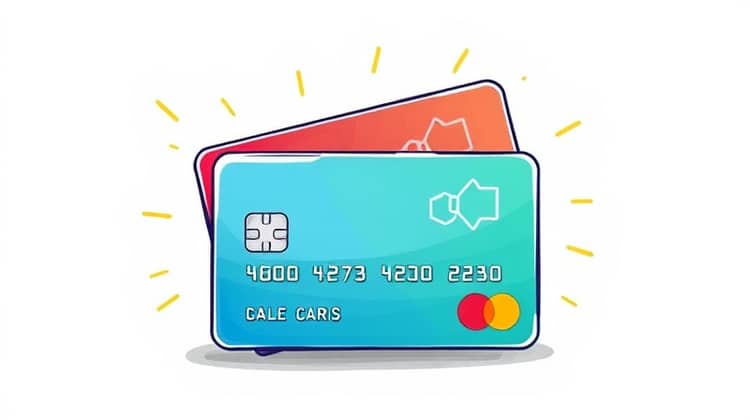
While upgrading can bring new opportunities, there are times when downgrading a credit card is a wiser choice. For consumers who find themselves facing high annual fees without sufficient rewards, a downgrade may provide relief.
Additionally, if your spending habits have changed or if you no longer use the perks of your current card, it may be practical to switch to a card that better fits your current financial lifestyle.
- Higher annual fees than benefits received
- Underutilized card features
- Change in spending habits
- Desire to simplify card accounts
- Avoiding excessive credit card debt
A downgrade can alleviate financial pressures, but it is essential to consider the implications on your credit score and any potential loss of benefits.
How to Upgrade or Downgrade Your Credit Card

The process of upgrading or downgrading your credit card follows a straightforward path. First, check with your credit card issuer for available options and requirements. They may allow you to do this online, over the phone, or in-store.
Next, compare the specifics of the current card and the target card to ensure that the new terms align with your financial goals and preferences.
- Research available credit card options
- Contact your credit card issuer to express your request
- Review any potential fees or impacts on your credit score
- Follow the issuer's instructions to complete the upgrade or downgrade process
- Monitor your account for confirmation and any changes in terms
Following these steps will help streamline the transition process and ensure you maintain the best possible terms for your financial situation.
Considerations When Upgrading

When contemplating an upgrade, consider the financial implications of switching cards. Evaluate your spending habits thoroughly to ensure that the potential rewards or benefits justify any additional costs associated with the new card.
It's also important to assess the impact on your credit score. An inquiry for a new card may slightly reduce your score temporarily, but if you manage your credit responsibly, you can carry on reaping the benefits without long-term damage.
- Analyze your spending patterns and rewards programs
- Consider any fees associated with the new card
- Review the credit limit offered on the new card
- Understand how the new card will affect your credit score
- Check the terms and conditions of promotional rewards
By addressing these aspects before upgrading, you're more likely to make a decision that enhances your financial strategy rather than complicating it.
Considerations When Downgrading

When downgrading, one of the primary considerations is ensuring that the new card aligns with your current financial habits and needs. It’s essential to switch to a card with features you will actually use to avoid wasting money on fees.
Another critical aspect to reflect upon is how the downgrade may affect your overall credit profile, including your credit utilization ratio and average account age.
- Evaluate your current spending behavior
- Review any potential loss of credit history
- Consider the impact on your credit score
- Check terms and conditions for the downgrade
- Assess if the new card meets your financial goals
Understanding these factors can help mitigate any negative impacts while ensuring that your credit card fits within your financial landscape moving forward.
Conclusion
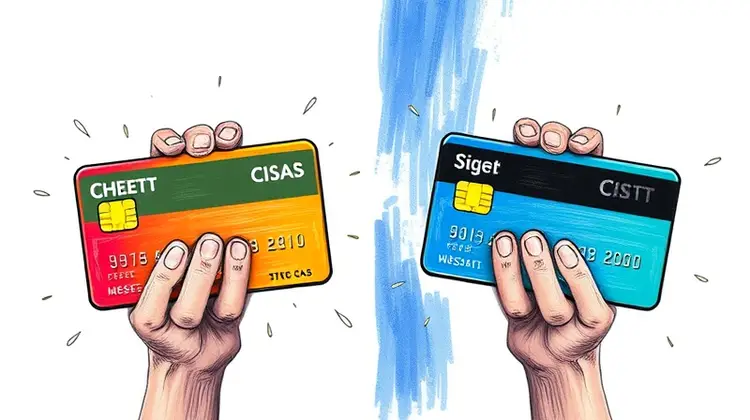
In conclusion, upgrading or downgrading your credit card can significantly impact your financial health. Whether you're seeking added benefits or wanting to save on fees, both actions come with important considerations that should be carefully evaluated.
Conducting thorough research and understanding your personal financial situation will empower you to make informed decisions that improve your credit card experience and overall financial strategy.



